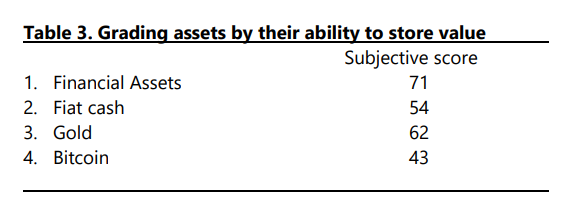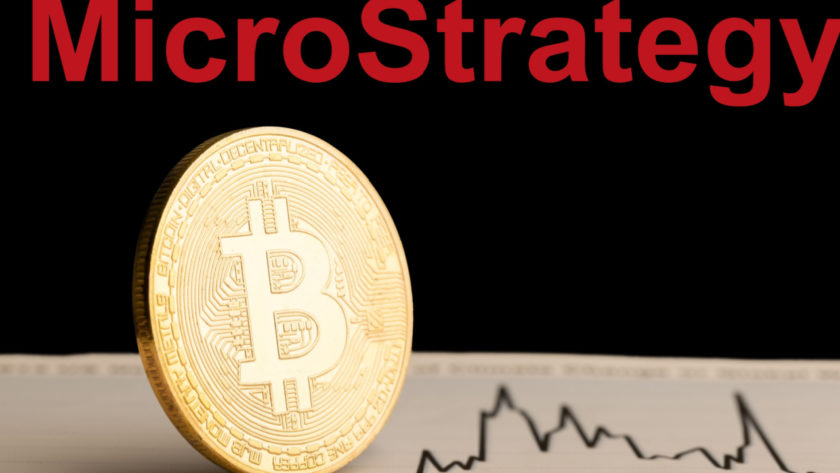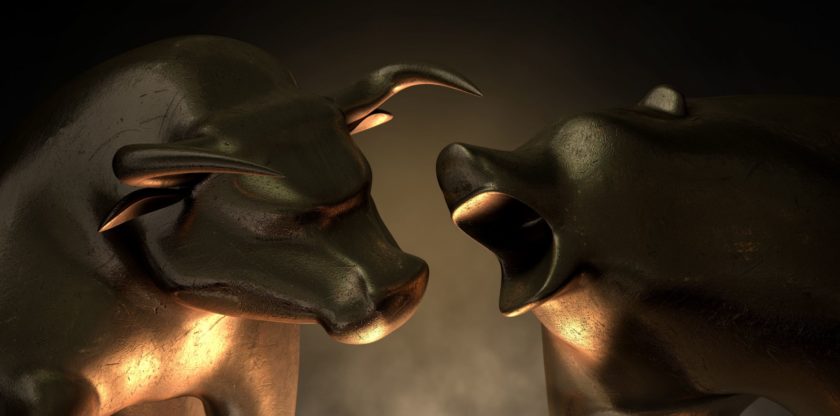Paul Tudor Jones, a pioneer of the modern hedge fund industry, is ready to bet on bitcoin’s price as an inflation hedge.
Jones’ Tudor BVI Global Fund, managed by Tudor Investment Corp., has been authorized to hold as much as “a low single-digit percentage exposure percentage” of its assets in bitcoin futures, according to a note sent to investors this month. The firm manages $38 billion, of which $22 billion is in the flagship BVI fund. Bloomberg News reported the disclosure earlier Thursday.
It is not clear from the letter whether Tudor’s fund has begun buying futures, what kind (physically delivered or cash-settled), on which exchange it would do so or whether it plans to also trade the underlying commodity. Reached by CoinDesk, a spokesperson for Tudor had no immediate comment.
Jones was one of the first well-known hedge fund managers, having started Tudor Investment Corporation in 1980 at the age of 25. He made a name – and a substantial return — for himself by correctly calling the 1987 crash and then shorting Japanese equities a couple of years later just before that market collapsed.
See also: Investors in Polychain Capital’s Crypto Hedge Fund Saw 1,332% Gains – If They Stomached the Dips
He has since become an elder statesmen of sorts for the hedge fund world and his philanthropic endeavor, the Robin Hood Foundation, boasts finance titans and celebrities on its board.
Bitcoin reminds Jones of gold in the 1970s, according to the letter. Through the early 1970s, gold experienced an acute rally from $35 per ounce in 1971 to a peak of $180 in late 1974.
Unprecedented central bank monetary policy amid the coronavirus crisis is a primary reason for Jones’ interest in bitcoin. What he referred to as the ongoing “Great Monetary Inflation” left him, a market veteran, speechless. It’s an “unprecedented expansion of every form of money unlike anything the developed world has ever seen,” Jones wrote to his clients.
Jones’ statement comes amid a new all-time high in CME bitcoin futures open interest, which nearly reached $400 million on Wednesday, according to Skew. Bitcoin also rallied nearly 10% on Thursday, climbing from $9,000 to just below $9,900 at the time of publication.
A low-single-digit percentage of the Tudor BVI fund’s assets would be equivalent to nearly all open interest in CME bitcoin futures contracts at the time of publication.
Amid much discussion on monetary policy in his letter, Jones inserted a subjective ranking of certain assets by their ability to store value, based on a poll of his research group. With 100 as the maximum and best score, Jones’ team ranked Bitcoin at 43, the worst score relative to gold, cash, and financial assets.

“What was surprising to me was not that Bitcoin came in last, but that it scored as high as it did,” he wrote. Its score, as a proportion of the other categories, was higher than the cryptocurrency’s market cap as a proportion of the others. “Something appears wrong here and my guess is it is the price of Bitcoin.”
Writing to clients, Jones said, “I am not a hard-money nor a crypto nut.” But Jones sees the most compelling argument for investing in Bitcoin as “the coming digitization of currency everywhere, accelerated by Covid-19.”
Note: This article has been updated with additional information from Paul Tudor Jones’ investor letter, which you can read in full below.
Disclosure Read More
The leader in blockchain news, CoinDesk is a media outlet that strives for the highest journalistic standards and abides by a strict set of editorial policies. CoinDesk is an independent operating subsidiary of Digital Currency Group, which invests in cryptocurrencies and blockchain startups.




